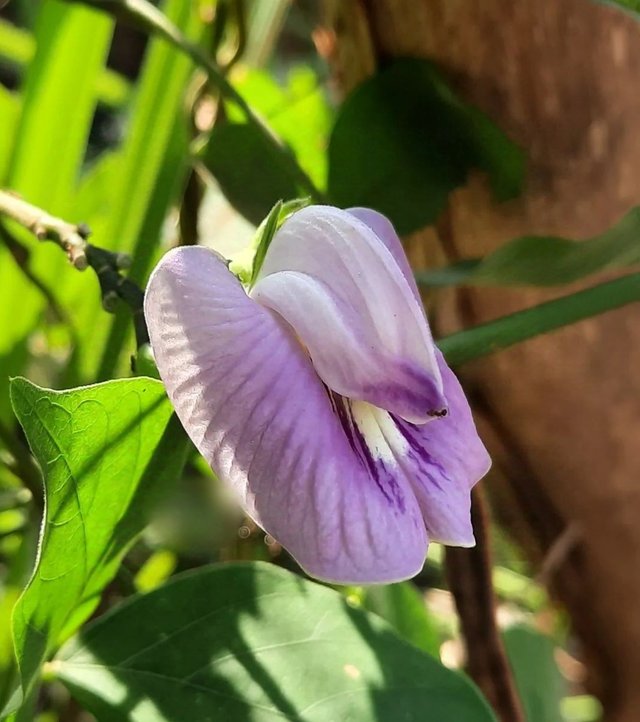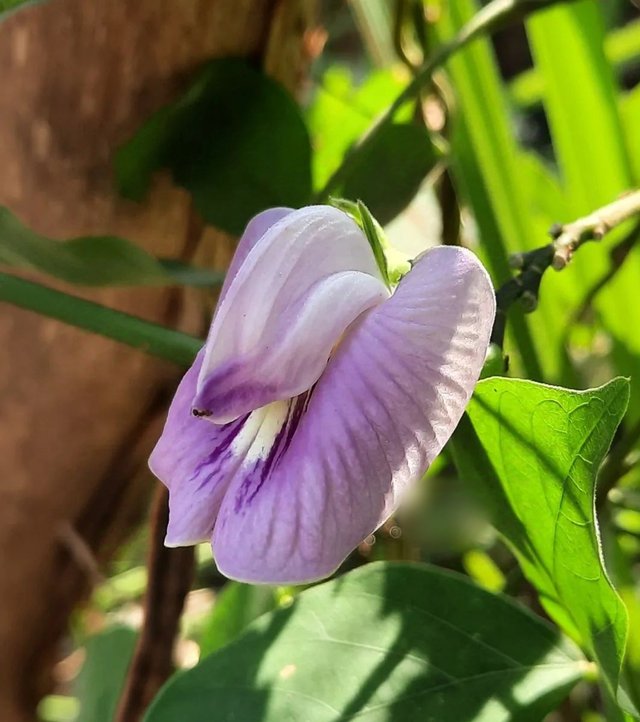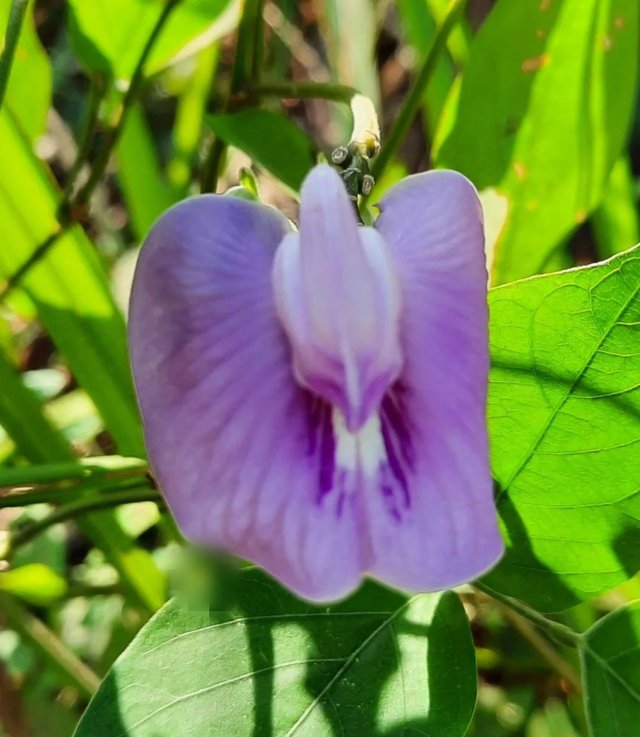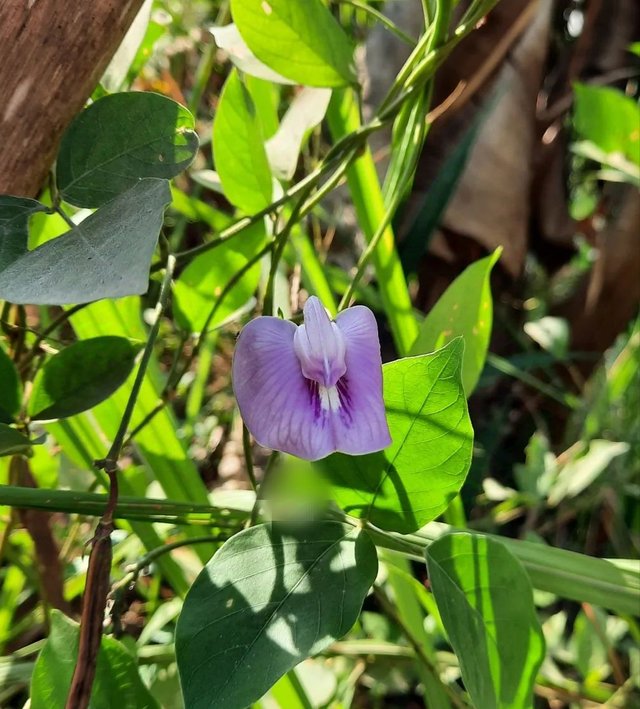The spurred butterfly pea is a strikingly beautiful and ecologically important flowering plant native to the Americas. Recognized for its distinctive, delicate blooms, it thrives in a variety of environments ranging from open woods to grasslands, and even along roadsides and disturbed areas. Its ability to flourish in diverse habitats has made it a favorite among botanists, conservationists, and gardeners alike.
Appearance and Identification
The spurred butterfly pea is a perennial vine that can grow up to 3 to 6 feet in length. Its stems are slender and somewhat twining, allowing it to gracefully drape over shrubs and other plants, creating a natural trellis. The leaves are trifoliate, which are oval to lance-shaped and measure about 1-3 inches in length. These green, somewhat hairy leaves are simple but provide a lush, green backdrop to the plant’s showy flowers.
The most striking feature of the spurred butterfly pea is, without a doubt, its beautiful flowers. These are typically violet-blue to purple in color, although some varieties may produce white blooms. Each flower is about 1 to 2 inches wide, with a shape resembling a butterfly, which gives the plant its name. The flower's “spur,” a tubular extension at the base of the bloom, is a characteristic feature that helps distinguish it from other pea flowers. The spurred butterfly pea usually blooms from late spring through fall, adding seasonal color to its habitat.
Habitat and Distribution
Spurred butterfly pea is native to the southeastern United States, from Texas to Florida and as far north as Virginia. It can also be found in parts of Central and South America, where it has adapted to a wide range of conditions. This plant prefers well-drained soils and is commonly found in sandy or rocky areas. It grows in open woodlands, meadows, prairies, and sometimes in disturbed areas such as roadsides, where its ability to fix nitrogen allows it to thrive in less fertile soils.
Because of its sprawling nature and tolerance for poor soils, the spurred butterfly pea is often used in conservation and land restoration projects. Its ability to improve soil fertility through nitrogen fixation makes it an excellent choice for replanting in areas that have experienced erosion or degradation.




Thanks For Reading
Device Information
| Device | Redmi Note 10 Pro |
|---|---|
| Lens | 64 mp |
| Location | Bangladesh |
